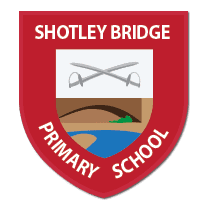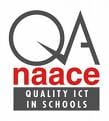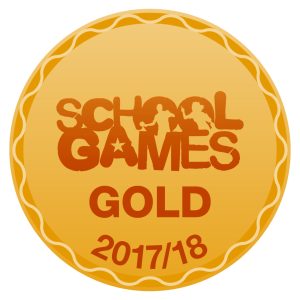The purpose of our high-quality geography curriculum at Shotley Bridge Primary School is to inspire in pupils a curiosity and fascination about the world and its people that will remain with them for the rest of their lives. We believe that by ensuring pupils have a secure understanding of key geographical knowledge and concepts, we are preparing them for their future studies within our own school, secondary school, college, university and beyond, enabling them to achieve their aspirations as well as having the confidence to use and apply them in all aspects of everyday life.
At Shotley Bridge Primary School we teach our children geography to a high standard in all classes. We equip pupils with knowledge about diverse places, people, resources and natural as well as human environments. This is taught together with a deep understanding of the Earth’s key physical and human processes. As pupils progress through Shotley Bridge Primary School, their growing knowledge about the world helps deepen their understanding of the interaction between physical and human processes. Children understand about the formation and use of landscapes as well as environments. Geographical knowledge, understanding and skills provide the frameworks and approaches that explain how the Earth’s features at different scales are shaped, interconnected and change over time.
Our geography curriculum at Shotley Bridge Primary School ensures that all pupils develop contextual knowledge of the location of globally significant places -both terrestrial and marine – including their defining physical and human characteristics. Lessons are planned carefully to ensure children understand how these provide a geographical context for understanding the actions of processes. Children understand the processes that give rise to key physical and human geographical features of the world, how these are interdependent and how they bring about spatial variation as well as change over time.
We ensure our pupils are competent in the geographical skills needed to collect, analyse and communicate with a range of data gathered through experiences of fieldwork that deepen their understanding of geographical processes. The lessons that we provide at Shotley Bridge Primary School include opportunities for children to interpret a range of sources of geographical information, including maps, diagrams, globes, aerial photographs and Geographical Information Systems (GIS). Opportunities are planned for children to communicate geographical information in a variety of ways, including through maps, numerical as well as quantitative skills and writing at length.
In Reception and KS1 children develop their knowledge about their locality, the United Kingdom and the world and begin to use geographical skills, including first-hand observation, to enhance their locational awareness. Throughout KS2, we extend pupils’ knowledge and understanding beyond the local area to include the United Kingdom and Europe, North and South America. This includes the location and characteristics of a range of the world’s most significant human and physical features. Children develop their use of geographical knowledge, understanding and skills to enhance their locational as well as place knowledge. We also recognise the importance of spoken language in pupils’ development across the whole curriculum. The quality and variety of language that pupils hear and speak are key factors in developing their geographical vocabulary. We ensure children are taught subject-specific vocabulary relating to human and physical geography.
Our geography curriculum is enriched by rich, diverse experiences across the whole school (e.g. field trips to different localities across the UK and Europe, including France and Poland; links with a school in Nekacheya, Zambia; walks within the local area; farm visits; regular visits to the local church; residential opportunities across the North East.
The geography subject coordinator monitors the subject closely in Shotley Bridge Primary School to ensure children are working at a high standard: book and planning scrutinies, discussions with children, learning walks, lesson observations, evaluation of school data compared to national standards, attending local authority network meetings and courses to ensure they stay abreast of best practice and leading whole-school training for staff members, form a part of this. At Shotley Bridge Primary School we understand that It is vital for children to develop a secure understanding of each key block of knowledge and concepts in order to progress to the next stage. Regular assessments of children’s learning enable us to make appropriate early interventions to ensure every child makes high levels of progress.







